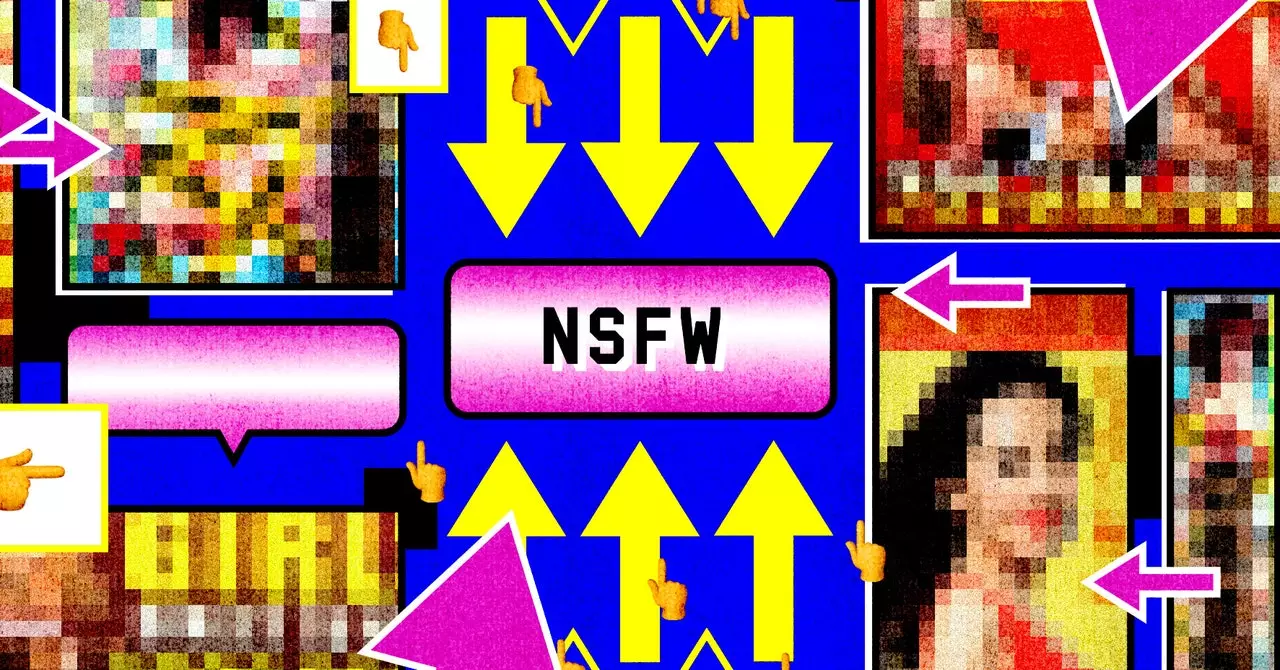The proliferation of advertisements for “AI girlfriends” on various online platforms, particularly on Meta’s ad library, has raised serious concerns regarding the implications of such apps. These AI girlfriend apps, such as Hush and Rosytalk, have been found to promote explicit and borderline inappropriate content in their advertisements, targeting specific demographics like men aged 18 to 65 and using hashtags like “#barelylegal” and “#teens” to attract users.
The ads for these AI girlfriend apps often promise features like “NSFW” chats, “secret photos,” and even “undressing” capabilities, which can be seen as objectifying and dehumanizing. The use of lifelike female characters, anime women, and cartoon animals in these ads further adds to the concerns regarding the sexualization of AI entities and the potential impact on users, especially those seeking companionship and emotional support.
While some proponents argue that AI companionship apps can help combat loneliness and provide emotional support to users, critics point out the ethical implications of promoting apps that blur the lines between human interaction and AI simulation. The comparison between AI girlfriends and human sex workers, as highlighted by Carolina Are, raises questions about the commodification of intimacy and the exploitation of AI technologies for commercial gain.
One of the key issues highlighted in the analysis of AI girlfriend apps is the lack of transparency in how these apps are developed and the algorithms used to generate content. The references to OpenAI’s technology in the naming of certain apps, such as “Sora,” indicate a possible link to sophisticated AI systems, but the actual details of the technology remain obscure.
As the use of AI technologies continues to expand in various domains, including social interactions and companionship, it is essential to establish ethical guidelines and oversight mechanisms to ensure that these technologies are used responsibly. The promotion of explicit or questionable content in AI girlfriend apps is a clear indication of the need for ethical considerations in the development and marketing of such technologies.
The rise of AI girlfriend apps and the controversies surrounding their advertisements shed light on the complex intersection of technology, ethics, and human relationships. As we navigate the evolving landscape of AI applications, it is crucial to critically examine the implications of these technologies and advocate for responsible and ethical AI development practices. Only through open dialogue and proactive measures can we ensure that AI technologies serve the interests of society without compromising on fundamental values and principles.


Leave a Reply